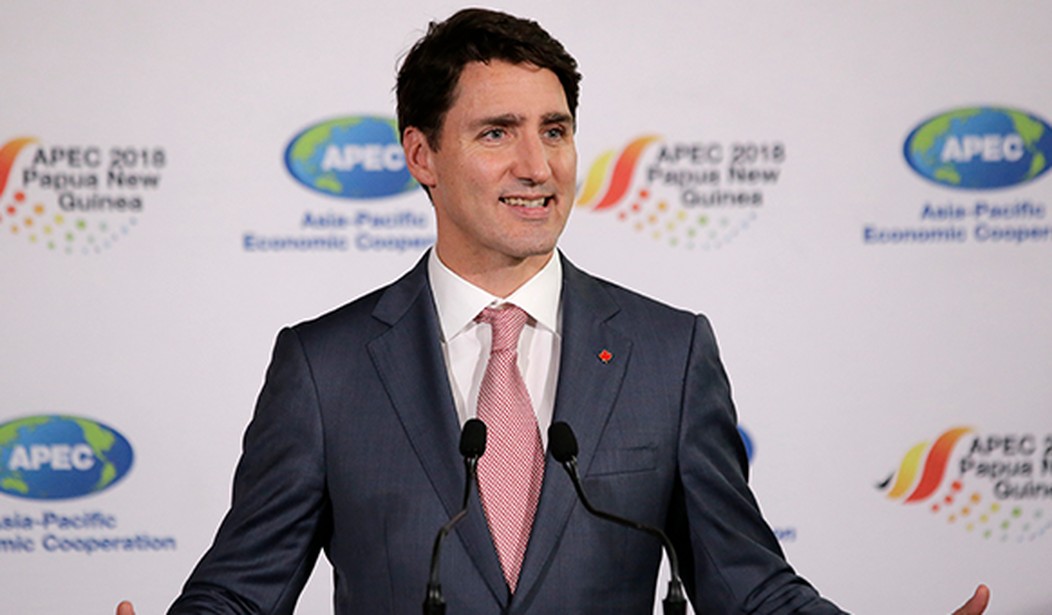Canadian Prime Minister Justin Trudeau has called snap elections for September 20 in an attempt to gain an outright parliamentary majority — something he’s lacked for the last 15 months.
Trudeau has been governing with the help of minor parties that allied with his Liberal Party to form a shaky coalition government. The prime minister is banking on the voters’ positive view of his government’s response to the pandemic, which has played out favorably in local elections, as well as going up against a relatively unknown opposition leader, Erin O’Toole, a former helicopter navigator for the Canadian Armed Forces.
Polls are uncertain about Trudeau regaining an outright majority.
The next fixed election date was in October 2023, but a prime minister here may at any time request the governor general dissolve Parliament — the step that triggers an election. Trudeau, 49, met Governor General Mary Simon, Queen Elizabeth II’s representative in Canada, on Sunday, and she granted his request.
The campaign follows months of speculation among political analysts about a possible election call this year. They’ve viewed everything from cabinet shuffles to Trudeau’s decision to shave the beard he’s sported for more than a year as signs that one was imminent.
Trudeau appears to have weathered the scandals that plagued him from a couple of years ago. As in the United States, liberals who are caught in blackface easily evade political harm as Trudeau did when a blackface photo of him from his younger days surfaced. And he sidestepped a potentially serious scandal over interfering in the prosecution of an executive for an engineering company.
Related: EXCLUSIVE: Legal Expert Warns of Coming ‘Canadian Ministry of Truth, a Modern Inquisition’
But his biggest potential obstacle to his campaign was another ethics complaint — the third in five years — about a no-bid pandemic relief contract to a charity.
Trudeau’s trouble began building momentum a few weeks ago after his government announced the deal to pay WE Charity up to C$43 million to administer a C$912-million student grant program as part of Canada’s Covid-19 response. The group works on international development projects and classroom programs, mostly in the U.S. and Canada, that teach youth about civic engagement.
The public and parliamentary reaction in Canada to the news and further revelations of speaking fees and travel expenses paid to family members of Trudeau and Finance Minister Bill Morneau has been swift and harsh.
The WE controversy appears to have been contained after Trudeau’s finance minister, Bill Morneau, fell on his sword and stepped down.
So this would appear to be an opportune time for Trudeau to go to the voters and plead for a parliamentary majority to push through his radical green agenda to combat climate change before it’s too late and battle the massive problem of racism in Canada.
While Trudeau is likely to prevail, it’s an open question whether enough Canadians would give him the support necessary for him to achieve an outright majority in Parliament.










Join the conversation as a VIP Member